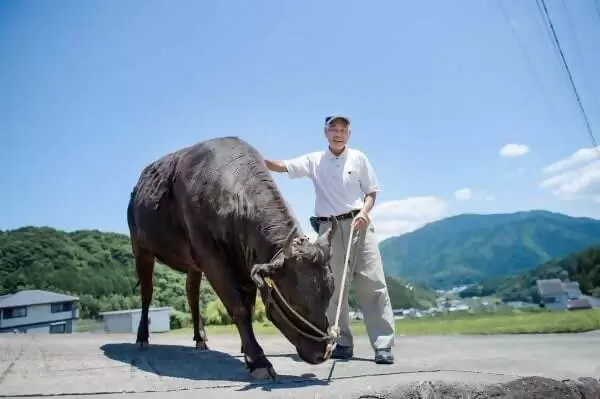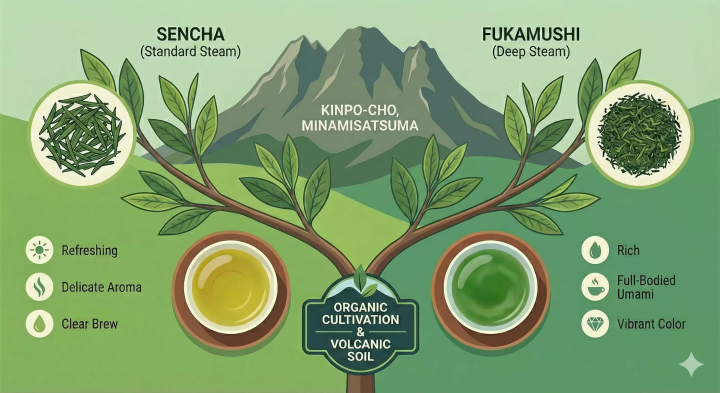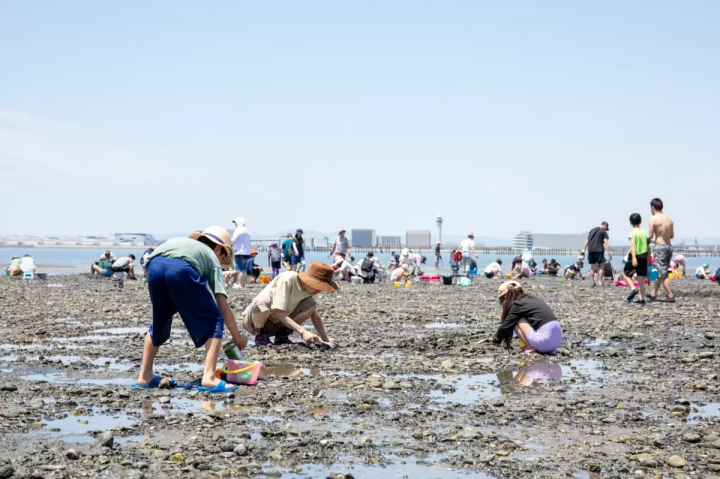[Kyoto] This tour is the perfect choice for your first visit to Kyoto! From Kinkakuji Temple to Fushimi Inari Taisha Shrine
![[Kyoto] This tour is the perfect choice for your first visit to Kyoto! From Kinkakuji Temple to Fushimi Inari Taisha Shrine](https://resources.matcha-jp.com/resize/720x2000/2025/04/08-230484.webp)
We would like to introduce Gold-Guide's recommended highlight tour: 1-day Kyoto Highlights Tour: Temple, Castle, Market and Shrine.
1 day (8 hours)
Gold-Guide is a guide matching platform operated by JR West Communications Co., Ltd., which matches tourists visiting Japan with highly skilled interpreter guides and provides guided tours.
The tour we are introducing this time is...
1-day Kyoto Highlights Tour: Temple, Castle, Market and Shrine
![[Kyoto] This tour is the perfect choice for your first visit to Kyoto! From Kinkakuji Temple to Fushimi Inari Taisha Shrine](https://resources.matcha-jp.com/resize/720x2000/2025/04/08-230485.webp)
This is a fascinating tour of Kyoto's timeless treasures. Your first stop is the UNESCO World Heritage Site, Kinkaku-ji Temple, which stands serenely amidst lush gardens. Nijo Castle, another UNESCO Heritage Site, reverberates with history through its stunning samurai architecture and magnificent paintings by 17th-century artists. Savor delicious street food and authentic local cuisine at Nishiki Market, a kaleidoscope of colors and flavors. Stroll through the bustling Teramachi-dori shopping street, where artisanal crafts and souvenirs blend traditional and modern. The enchanting approach to the shrine, with thousands of vermilion torii gates leading to the sacred heights, exudes an aura of spiritual energy and awe-inspiring beauty. Led by knowledgeable experts, this enchanting day promises unforgettable memories of the richness and grandeur of Kyoto's culture. Discover the essence of Japan's ancient spirit in just one day!
After the meet, we will take a taxi to our first destination, Kinkakuji Temple.
If you have any requests, please ask your guide.
The end location of the tour can be changed. Please consult with your guide.
Click here for tours in the Kyoto area!
Spots introduced in this itinerary
[Gold-Guide] is a platform that matches tourists visiting Japan with excellent interpreter guides and offers guided tours. We provide memorable guided tours for customers looking for a special experience in Japan. We want to share the charm of Japan with people all over the world.
The contents on this page may partially contain automatic translation.







![[Gold-Guide] The biggest attraction is the excellent interpreter guide](https://resources.matcha-jp.com/resize/200x2000/2024/11/29-212921.webp)


























![[Kagoshima] Overcoming 12 Years of Hardship: Walking through Minamisatsuma City, the sacred land where the monk Ganjin landed](https://resources.matcha-jp.com/resize/720x2000/2026/02/21-259481.webp)



